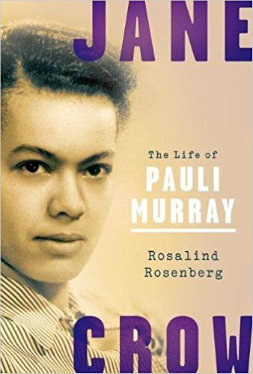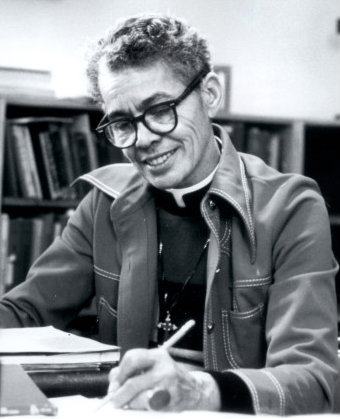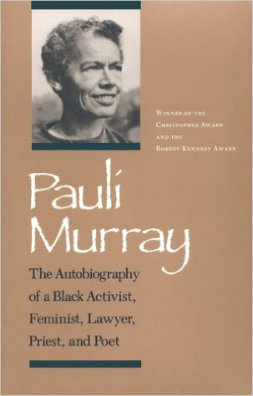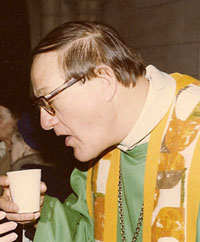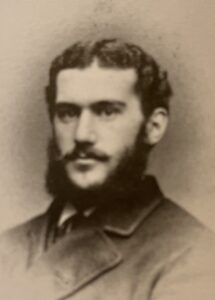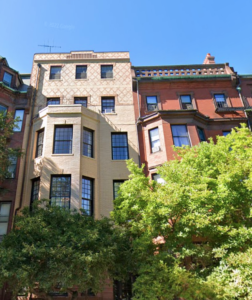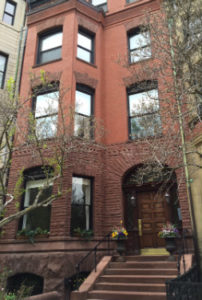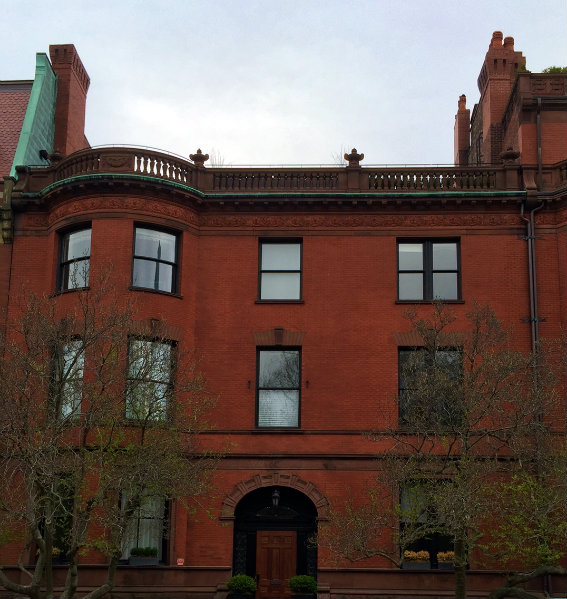Easter 6A, 14 May 2023. The Very Rev. Pamela L. Werntz
- Acts 17:22-31. For we too are [God’s] offspring.
- 1 Peter 3:13-22. Always be ready to make… an accounting for the hope that is in you.
- John 14:15-21. If you love me, you will keep my commandments.
O God of Love, may we have the wisdom, the strength, and the courage to seek always and everywhere after truth, come when it may and cost what it will.
When I graduated from college and moved to Northern Virginia, I started looking around for a church. Just as I’d always had a toothbrush for oral hygiene, I’d always had a church for spiritual hygiene. I grew up in the church; and I went to church through college (it was a church within walking distance). My big college rebellion, when it came to practicing faith, was not to quit attending, but to become an Episcopalian! Although my dad was an ordained minister in the United Church of Christ, his ecumenical and mostly non-parochial work meant that’d I’d grown up as something of a religious mutt – a mix of UCC, Lutheran, and Presbyterian for worship, Roman Catholic for school, and vacations with the Episcopalians. In my early twenties I had a car, making my reach considerably wider, so I went church shopping for an Episcopal parish. Continue reading


